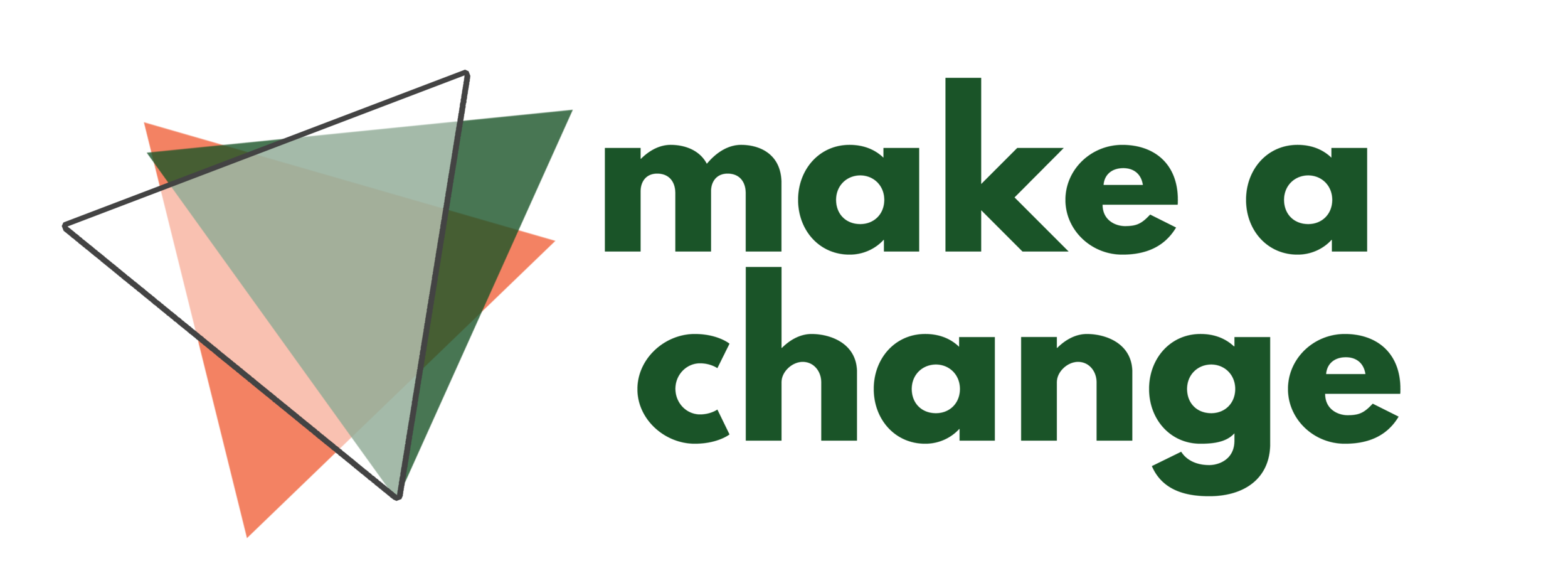Dads can Make a Change this Father's Day
As Father’s Day approaches, Make a Change Regional Practice Lead, Joanna Szuryn, reflects on the impact of our behaviour change programme for fathers and their children.
For many, Father’s Day is a time to celebrate and show gratitude for the dads and father figures in our lives. But it can be a hard day for those whose dad harms, or has harmed, their other parent or carer. Witnessing abuse is a form of abuse in itself, and recent legislation has seen children recognised as victims in their own right.
For fathers, it can be a time for reflection on their relationship with their family. This week, our local delivery partners are encouraging any dads worried about their behaviour to get in touch for support to make positive changes.
Make a Change is an early response to people using harmful behaviour in relationships. The model aims to support people to change their behaviour as early as possible and we encourage self-referral. Understanding people’s motivation for being there is an important part of engaging them.
The majority of people who Make a Change supports are heterosexual men and, if we use our data from 2022/23, at least 73% have children. One of the main reasons men tell us they’re taking part is to make things better for their children, or to help their family feel safer around them. In my experience, being a good dad is often an important idea for men who engage with us, but they may not be fully aware that harming their child’s mum also affects their children.
Admitting that your behaviour is scary and hurts your children is difficult. It can be easier to tell yourself that your children aren’t affected, because they were out of the room or asleep when incidents happened. So, learning more about how the choice to be abusive towards a partner or ex-partner affects children can be a lightbulb moment and the starting point for many dads we work with.
As part of the programme, people are supported to understand how their abusive behaviour impacts the whole family, to take accountability for it and build motivation to change for the better. We help them develop empathy and awareness of how their behaviour and the environment at home might feel for their children. (Partners and ex-partners are also offered separate, confidential support, and safety is always our top priority.)
Over time, we see participants acknowledge and name their harmful behaviour as abuse. For fathers, that includes recognising that their children, as well as their partner or ex-partner, have been harmed. This can be painful as they face up to the reality of what they’ve been doing, but it can also be hopeful – as they come to understand that being abusive is a choice, and they can choose to change and parent differently.
“Last Father’s Day, my stepson bought me a card and a gift. It was the first time he’d given me anything to mark it.”
Project Mirabal – a study investigating behaviour change programmes for people using harmful behaviour towards a partner or ex-partner – found that the programmes increased perpetrators’ awareness of children’s fears and anxieties, and made men more likely to understand and less likely to minimise the impact of their behaviour on children. Our behaviour change programme has seen similar results, with people like Larry*, who took part in the programme:
“Make a Change has been a game changer for us. I knew about domestic abuse, but I didn’t know how to take accountability and change. I have learnt so much more about me and the impact of my behaviour on my partner and her son.
“Last Father’s Day, my stepson bought me a card and a gift. It was the first time he’d given me anything to mark it. I told the rest of the group to help encourage others that, it’s taken a long time, but my stepson is feeling safer.”
Both Larry and his partner, Jane, spoke to their support workers about the difference in Larry’s behaviour since joining the Make a Change programme, and the positive impact on the whole family.
Make a Change delivers two different models of expert support – the full, 26-session behaviour change programme, currently running in Trafford, includes a specific focus on parenting, and the integrated survivor support service also offers direct support to children and young people. In Durham, Merseyside and Sunderland, we offer our wraparound model, which provides a 10-session early response, with the aim of onward referral to the area’s existing perpetrator programme.
If you’re interested in finding out more about Make a Change, feel free to get in touch with us at makeachange@respect.org.uk.
*Names have been changed to protect the anonymity of people involved.

